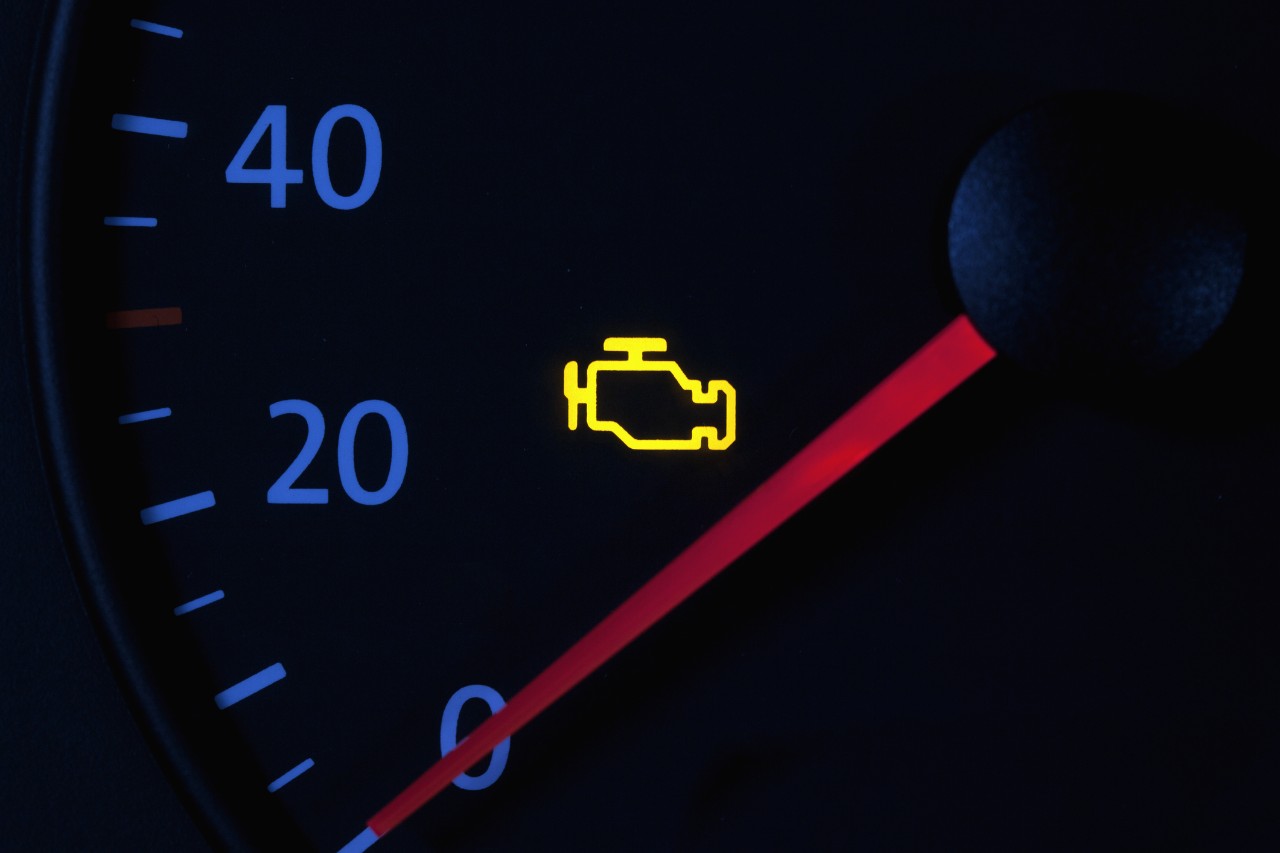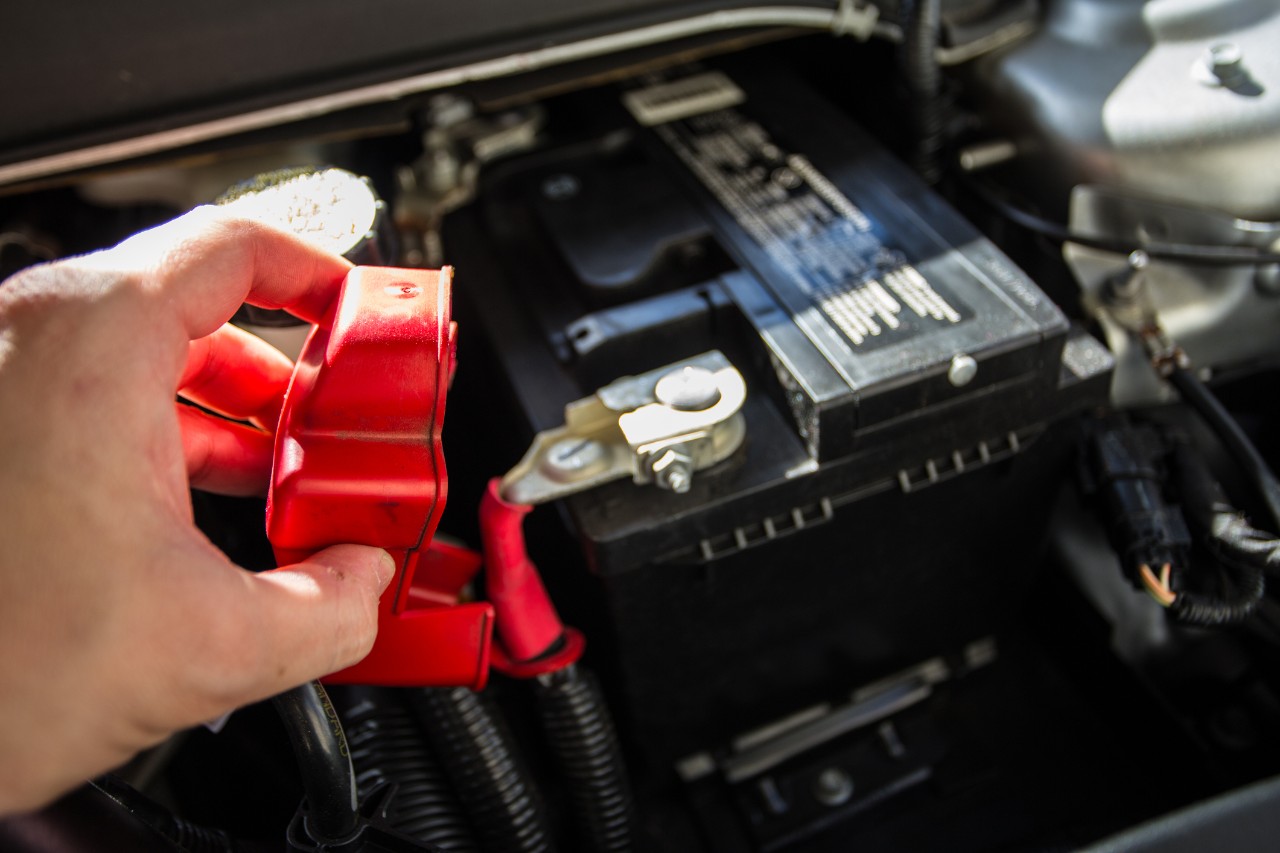People in India are considering switching to electric vehicles for one reason: energy savings. However, there are other aspects to consider when acquiring an electric vehicle in India, including the cost of fuel and maintenance and the overall purchase price of the vehicle. On the other hand, electric automobiles are more expensive, but they are becoming more widespread, with a number of model alternatives to select from. In addition to the brand and kind of car, your location influences the cost of purchasing and operating a new vehicle. Another criterion taken into account when comparing electric and traditional vehicles is how quickly a vehicle transports you between two boarding and your destination. Electric vehicles generate more energy, which allows automobiles to go faster.
The primary difference between electric vehicles, often known as EVs, and fuel vehicles, classified as Standard Internal Combustion Engine Models or ICE, is that fuel vehicles use gasoline, whereas electric vehicles require electricity. The notion of a mile per gallon, or MPG, is used to measure the fuel efficiency of ICE automobiles. The price of gas or gasoline, on the other hand, fluctuates from time to time. Additionally, gasoline vehicles must be refuelled every 250-300 miles on the road. Several different sources can power electric cars. Electricity is generated by burning gas or coal or using renewable energy sources like hydropower, wind, and solar.
Even if you don't own a car, you can make the future electric. Electric vehicles, which range from automobiles to buses to trucks, are revolutionizing how we transport things and ourselves while also improving our air quality and the environment – and your voice can help propel the electric wave forward.
.png)
.jpeg)















